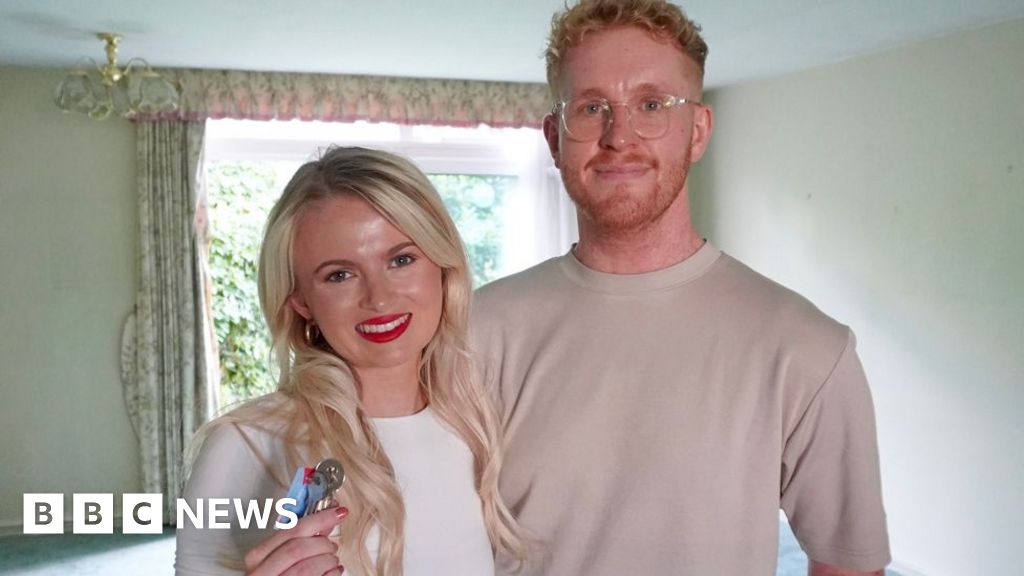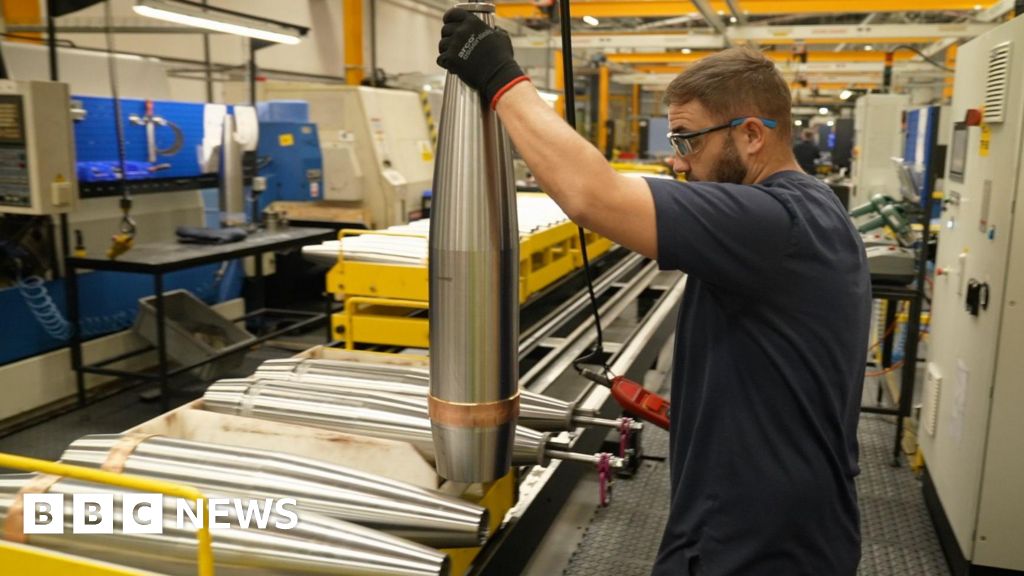ARTICLE AD BOX
By Kevin Peachey
Personal finance correspondent, BBC News
Image source, Getty Images
Women who collectively missed out on £1bn in underpaid state pensions should all receive their money by the end of 2023, but the target has been described as "ambitious" by a former minister.
Analysis published by the Office for Budget Responsibility (OBR) confirms that the scandal was not as widespread as first feared.
However, 135,000 people are still thought to have been affected.
A major report said repeated human errors made for years were to blame.
How were women underpaid?
The problem relates to the "old" state pension system where married women who had a small pension in their own right could claim a 60% basic state pension based on their husband's record of contributions.
A review is taking place to trace those affected by systemic failures to award these pension rises, stretching back to 1985. But only some women are being fully paid. Others will only be able to claim for 12 months of missed payments.
In its economic analysis of the UK, published at the time of the Budget, the OBR confirmed data from the Department for Work and Pensions (DWP) showing that not as much state pension has to be paid to those who have missed out than was estimated in March.
It said underpayments amounted to £1.06bn, rather than the £2.66bn estimated in March. Estimates of the total number of people affected have been cut from 199,753 to 135,339.
'Short-changed for years'
Irene Wise fought for some time to receive her entitlement
Grandmother-of-four Irene Wise, from Worcestershire, spent two years battling for her money.
The 74-year-old eventually received £7,334 in back payments for eight years of missed pensions.
"When you think you have been short-changed for that many years, what a difference [the money] could have made in certain circumstances," she said.
Jan Tiernan, from Fife, is one of those affected by the wider problems caused by the errors. She too was initially told she was not owed any money.
After nearly 100 pages of correspondence with the department, she received £1,280. However, she believes she is still owed more than £17,000 in missed payments.
"It makes me sad and angry. I've been on this campaign for two years now. It is not just for me but for all of these people who have been done out of this money. They should have got it," she said.
Timetable improves
Crucially, the timetable for when people will received the correct entitlement has been shortened. There had been criticism that some would have to wait until 2026 for the money, despite already being elderly.
Now the DWP believes all the money should be paid correctly by the end of 2023.
Sir Steve Webb, partner at consultancy LCP and a former pensions minister, initially unearthed the problems and described the new timetable as "ambitious".
"To date, DWP has only paid around 6% of the estimated £1bn which is owed, even though this exercise has been going since January," he said.
"The department has less than half the 500 civil servants so far working on this project that they have said they will need. It will take a major effort to get this matter resolved in just over two years from now. But it is important that the timetable does not slip, not least given the age and vulnerability of those affected."
'No repeat'
In September, a report by the National Audit Office found that errors occurred because state pension rules were complex, computer systems were outdated and many tasks still needed to be done manually.
It also found the DWP did not have a means of reviewing individual complaints or errors, such as how many people were complaining about the same issues, to assess whether the errors had a systemic cause.
A spokesman for the DWP said: "The action we are taking now is correcting the historical underpayments that have been made by successive governments and anyone impacted will be contacted by us to ensure they receive all that they are owed.
"Since we became aware of this issue, we have introduced new quality control processes and improved training to help ensure this does not happen again."

 3 years ago
111
3 years ago
111








 English (US) ·
English (US) ·